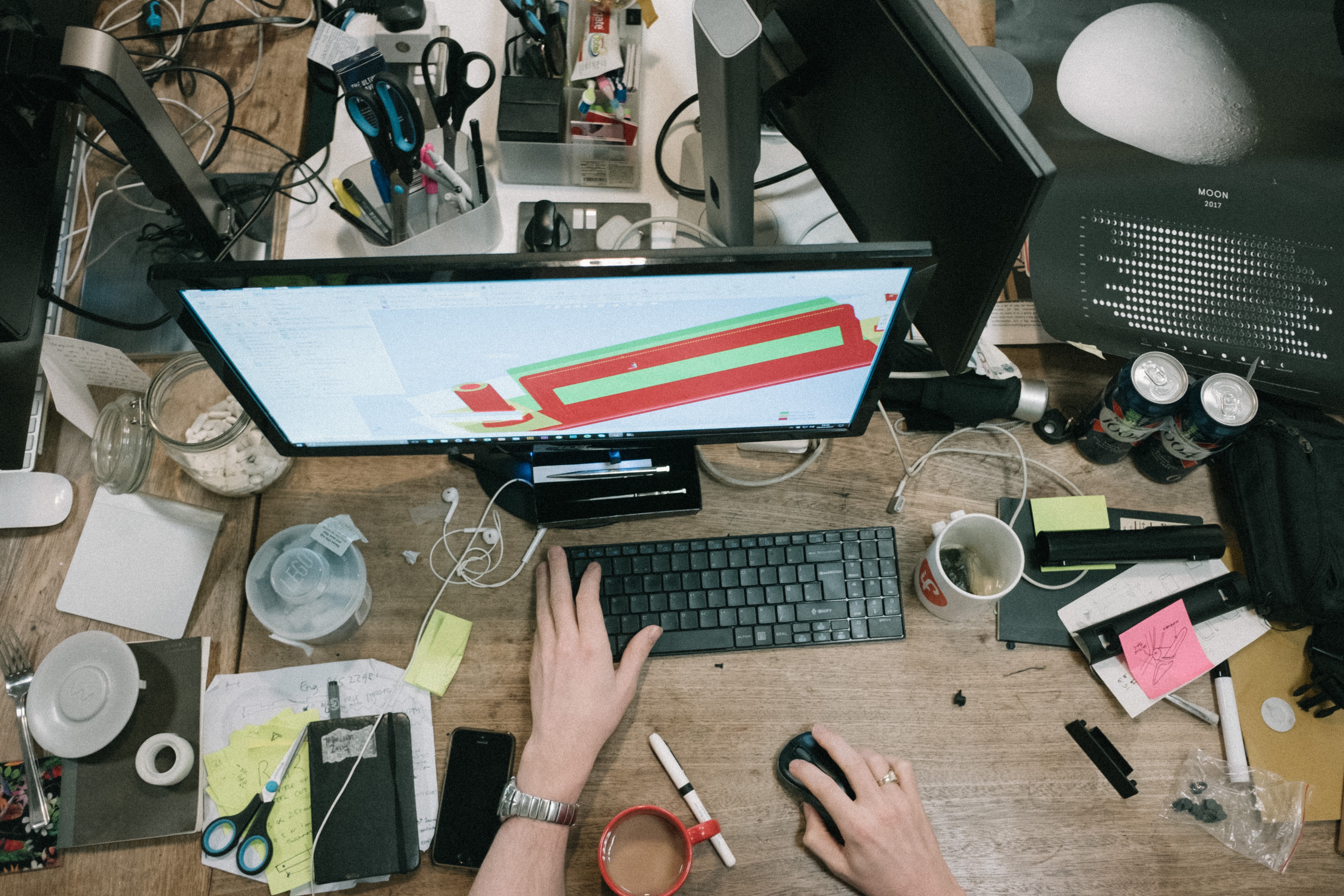I used to love being busy. Striding around with a smoothie in one hand and my phone in the other, rushing to and from meetings, flicking between dozens of tabs and windows. I felt purposeful, and, I can now admit, important. In the knowledge economy (basically anyone who works with words and numbers), where output is quite hard to measure, that feeling of being incredibly busy is what many of us use as a proxy for doing well. If we’re rushing around, having to multi-task and only just able to keep on top of our workload, it must mean that we’re an important person with an important job, right?
Being busy isn’t the same as being productive
Because being busy makes us feel good about ourselves, it’s very easy to get hooked. We can also become physiologically quite dependent on being busy (also known as being stressed) as we get used to functioning with sky-high levels of cortisol and adrenaline and start to feel very sleepy without them.
Unfortunately, being hooked on being busy isn’t great for us in the long run, for a number of reasons.
- Being busy is a great way to avoid dealing with any issues you may be facing. It can mask anxiety and distract us from facing issues until they force themselves upon us, which usually means they reach a crisis point rather than being dealt with early.
- Being busy all the time usually leads to burnout. I’ve talked already about how to break the downward spiral of work overload and physical burnout, and this is what I’d recommend doing if you feel like you are hooked on being busy and you want to slow down a bit.
- Being busy isn’t the same as being productive. We talk a lot about how humans aren’t actually at all good at multitasking in our training, and it’s important to remember that doing multiple things at once actually just means you’re constantly distracted and therefore failing to enter any kind of state of deep focus, which is when we do our best thinking. There’s also a lot of evidence that suggests that stress in and of itself reduces our cognitive function, so being busy essentially makes us a bit stupider.

If you’re not sure whether or not you’re hooked on being busy (although the pandemic and lockdown might have jolted you into this realisation), there are a few questions you can ask yourself to work it out.
If you have free time in your day (either a work day or a leisure day), do you feel compelled to make lots of plans to fill it? If you don’t have plans, does it make you feel a little angsty?
If you sit still and do nothing for 5 minutes, how do you feel? If you’re hooked on being busy you’ll likely feel agitated or experience a sudden slump in energy. We want to feel calm when we’re still.
If you do think you’re hooked on being busy, the first thing to do is ask yourself why. For me, it was because I thought most of my value came from professional success, and being busy was a way to demonstrate that success to the world. Next, you need to learn some vital productivity tools such as time boxing and limiting distractions and re-focus on the output you’re creating rather than the feeling that you’re doing things all the time. This will help you stop being so busy and start being more effective.
If this is something you think you or your team need help with, or you’d like to find out a bit more or just have a chat, drop us a line at [email protected].


